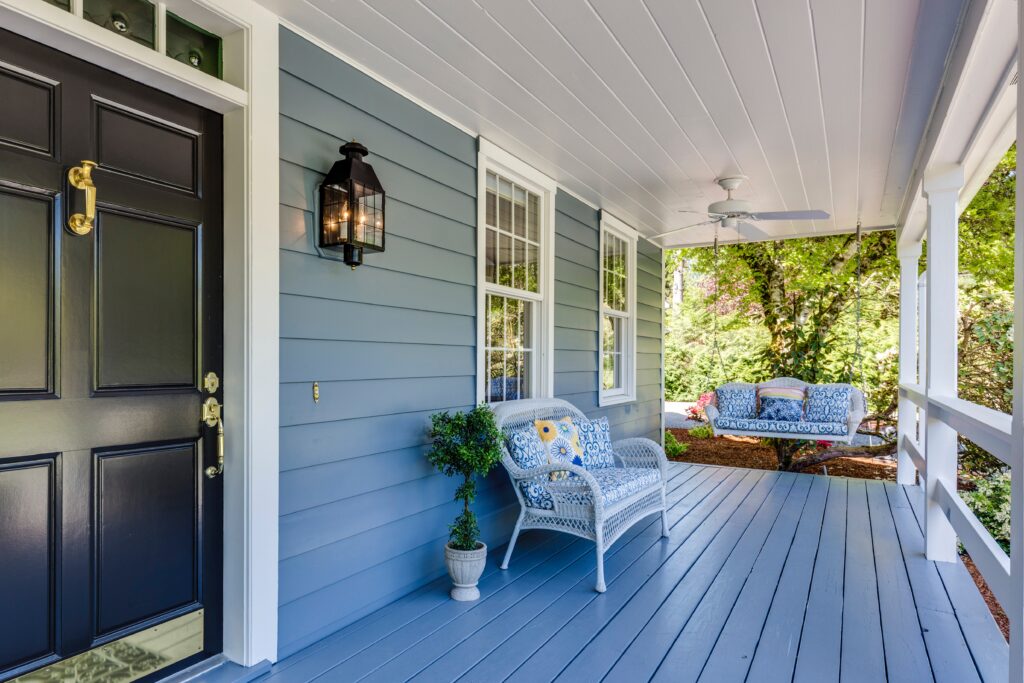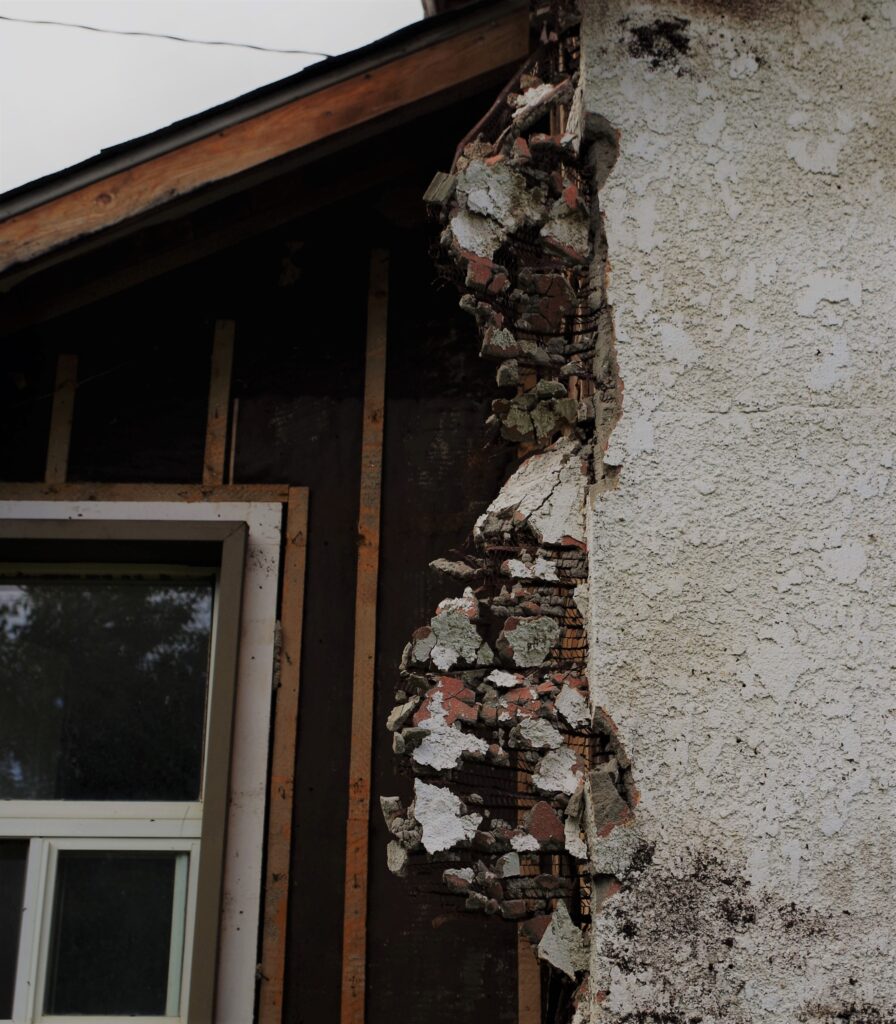How Does Home Insurance Work?
Homeownership comes with a number of risks. For example, a thief could break in and steal your personal items, or a natural disaster could cause major structural damage to your house. If you own a home, having homeowners insurance to protect against these risks and others is extremely beneficial. Not to mention, home insurance is often required by mortgage lenders.
In this guide, we’ll answer some common questions about homeowners insurance, like how does home insurance work, how does a home insurance claim work, and how are home insurance rates calculated. We’ll also explain how homeowners insurance differs from renters insurance.
How does home insurance work?
Whether you’re a new homeowner or have owned a home for many years, it’s important to understand how home insurance works. You should familiarize yourself with common terminology, like deductibles and coverage limits, and understand the process for filing claims and getting reimbursed for the damages.
Here are some important things you should know about home insurance.

